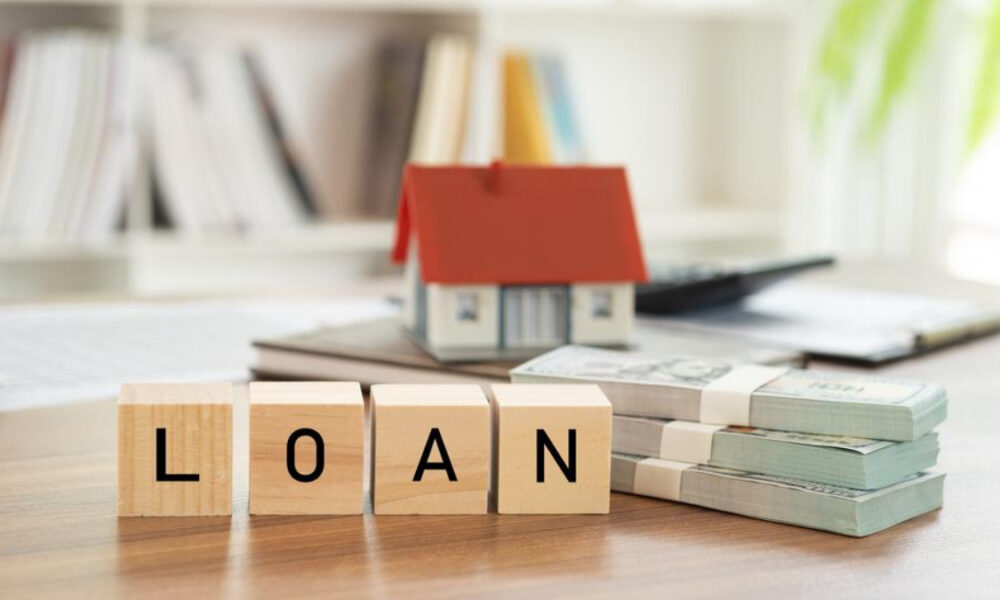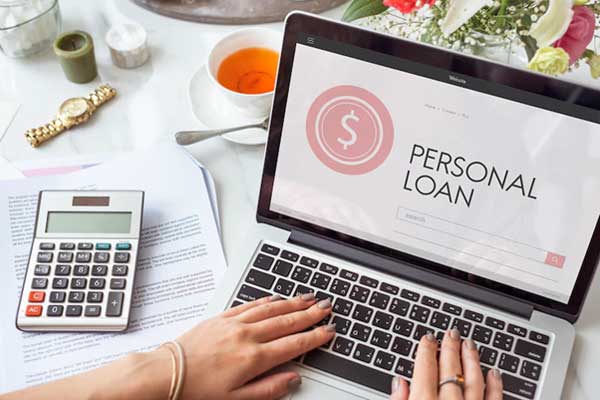When you take a personal loan, one of the most important things to understand is how interest rates work. Interest rates play a big role in determining how much money you will have to repay over time. In this post, we’ll explain how loan interest rates affect your loan in a way anyone can easily understand.
What is a Personal Loan?
A personal loan is when you borrow money from a bank or lender. The money can be used to pay for many things you might need – medical bills, home repairs, vacations, or other important expenses. Unlike a mortgage for a house or a car loan, a personal loan doesn’t require you to put up something valuable as collateral if you can’t repay it.
With a personal loan, you agree to repay the money over months or years in set payment amounts. In addition to paying back the original loan amount, you must pay extra money, which is called interest.
Types of Interest Rates
There are two main types of interest rates on loans:
- Fixed Rate: This stays the same over the full loan term. Your payments are predictable.
- Variable Rate: This can increase or decrease over time based on financial markets. So your payment amount can change.
How Lenders Decide Your Interest Rate?
The lender checks your credit score and financial history to evaluate risk, and uses that to decide what rate to offer you.
If you have great credit, you look reliable, so they give you a lower interest rate. If you have bad credit, they see you as riskier to lend to. So they charge a higher rate to cover that extra risk. Your income, existing debts, and the loan amount also get factored in.
How Interest Rates Impact Your Loan?
The interest rate you qualify for directly affects your loan and payments:
1. Higher Rates Mean Bigger Monthly Payments
Because more interest gets added on, a high rate means a larger monthly payment even if the loan amount is the same.
2. You Pay Way More Over the Full Term
A higher interest rate dramatically increases the total amount you pay over 5 or 10 years. Just a few per cent higher can mean thousands extra!
3. It Impacts Your Budget for Other Expenses
If your rate and payment are too high, that leaves less monthly money for other bills, food, entertainment, etc. So, getting an affordable rate for your situation matters.
Tips to Get a Lower Interest Rate
Here are some key things you can do to try to get the lowest possible personal loan interest rate:
- Boost your credit score through responsible money habits
- Shop rates from multiple competing lenders
- Choose a shorter loan repayment term
- Put up collateral like a car or house as added security
Conclusion
Understanding how loan interest rates affect your loan is key to managing your finances. A lower interest rate means smaller monthly payments and less money spent overall, while a higher rate can make the loan more expensive. By improving your credit score and comparing lenders, you can get a better interest rate and save money in the long run. Always choose a loan with terms that fit your financial situation, and you’ll be on the right path to smart borrowing!


